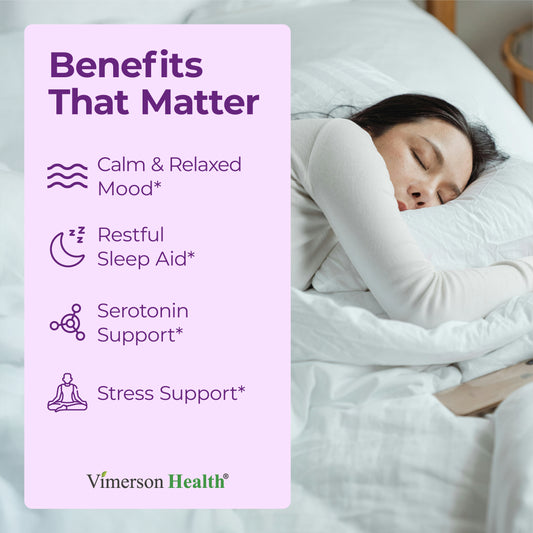INTRODUCTION TO SLEEP AND ITS IMPORTANCE
Sleep isn't just a passive state of rest, but a vital process for our physical and mental health. Good sleep helps in memory consolidation, mood regulation, and physical rejuvenation. Poor sleep, on the other hand, is linked to various health issues, including heart disease, obesity, and depression. Understanding the importance of quality sleep is the first step towards improving it.

THE SCIENCE OF SLEEP
Sleep is a complex biological process essential for physical and mental health. Understanding sleep cycles, including REM and deep sleep phases, helps in identifying patterns and disturbances. The production of melatonin, a hormone regulating the sleep-wake cycle, is crucial for quality rest. Knowing these basics can significantly improve your sleep hygiene.
UNDERSTANDING SLEEP CYCLES
Sleep cycles consist of several stages, each vital for maintaining overall health and well-being. The human sleep cycle is typically divided into two main types: Non-Rapid Eye Movement (NREM) sleep and Rapid Eye Movement (REM) sleep. These cycles repeat in a pattern throughout the night.
10 TIPS TO HELP YOU SLEEP BETTER AT NIGHT NATURALLY

THE IMPACT OF LIFESTYLE ON SLEEP
Our daily habits have a significant impact on our sleep quality. Factors like caffeine intake, alcohol consumption, and screen time before bed can disrupt our natural sleep patterns. Stress, irregular sleep schedules, and an inactive lifestyle also contribute to poor sleep quality.

THE ROLE OF AROMATHERAPY IN SLEEP ENHANCEMENT
Aromatherapy has emerged as a popular and effective method to enhance sleep quality naturally. Essential oils like lavender, chamomile, and sandalwood are renowned for their soothing and calming effects on the mind and body, making them ideal for promoting restful sleep. Lavender, in particular, has been extensively studied and is celebrated for its ability to decrease heart rate and blood pressure, potentially setting the stage for deeper sleep.
HERBAL SUPPLEMENTS AND THEIR EFFECTS
Herbal supplements can be a natural way to improve sleep quality, offering a range of benefits that align with the numerous advantages of getting enough rest.* For instance, valerian root and melatonin are widely known for their ability to enhance sleep.* These supplements can increase REM sleep and deep sleep phases, which are crucial for cognitive restoration and physical health, linking directly to the 10 benefits of a good night's sleep.* The use of herbal supplements can also contribute to better sleeping habits, such as improving sleep hygiene and natural ways to promote sleep.*
Furthermore, supplements like chamomile and lavender have calming properties that assist in relaxation and can be part of a breathing exercise for sleeping.* This ties into the benefits of good sleep, including improved mental clarity and emotional well-being, as emphasized in the 10 benefits of sleep.* In summary, integrating herbal supplements into a routine, along with understanding and applying various tips to improve sleep, can significantly increase sleep quality, echoing the myriad health benefits of sleeping well.*
BEST SUPPLEMENT FOR A RESTFUL SLEEP🥇
Example product title
* These statements have not been evaluated by the Food and Drug Administration. This product is not intended to diagnose, treat, cure, or prevent any disease.



































